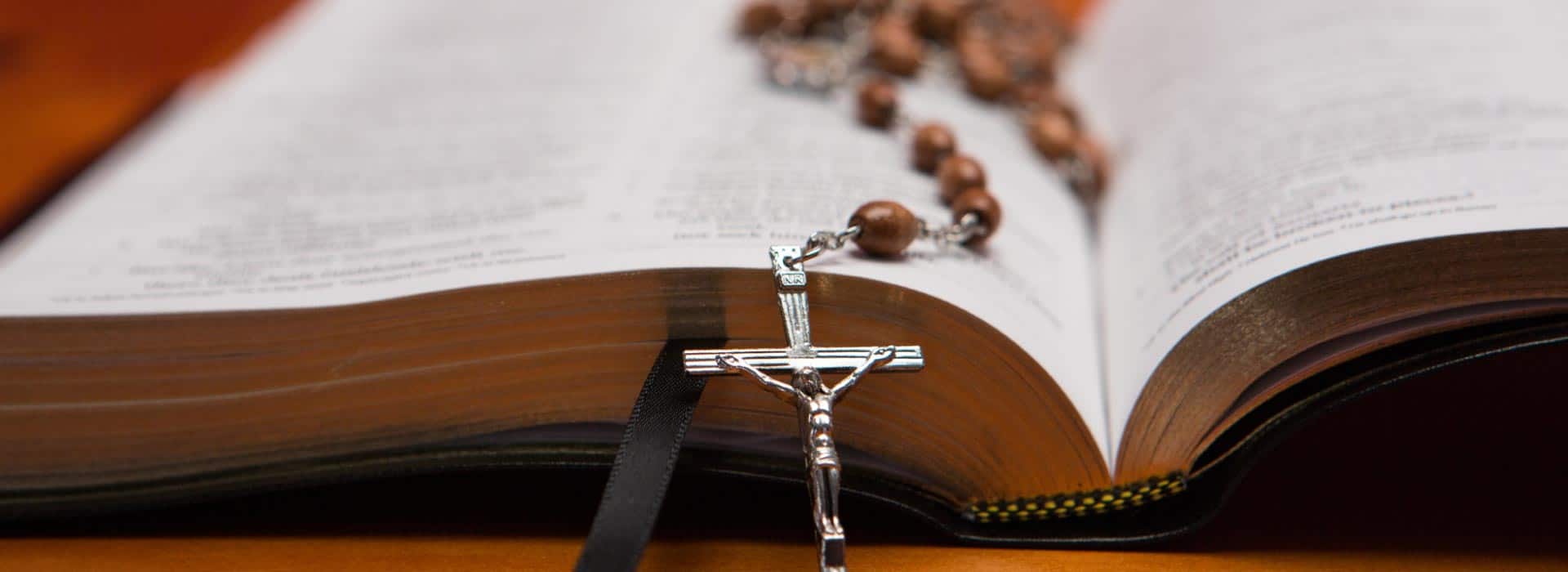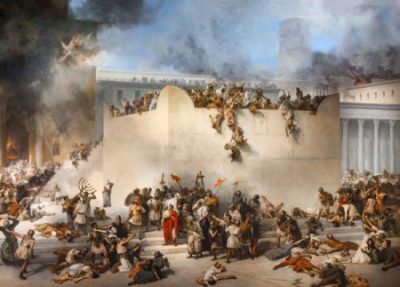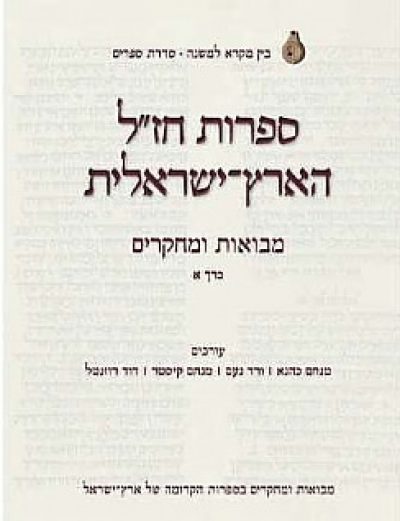
Up to now we have talked of Jews who in one way or another define themselves in positive religious or theological terms but there are many Israeli Jews who define themselves as representing some form or other of secular Jewish identity. There are also many Israelis, especially among the younger age groups, who are indeed Jewish but who see themselves more as Israelis than as Jews and find the label Jewish as not particularly relevant or meaningful to them.
If we talk about secular Jews as a whole, it is perhaps worthwhile to divide them into two categories, ideologically secular Jews and ‘de facto’ secular Jews, Jews who live a secular lifestyle more in terms of the absence of any relation to religion than from a positive ideological commitment to secular ideology. These might be called “default option Jews”.
“Ideological” Secular Jews
In the late 19th century, in Eastern Europe, we get the first appearance of a secular Jewish ideology. These were Jews who continued to see themselves very strongly as Jews but who had broken away from any connection with Judaism as a religion. Unlike the new Reform Jews, further to the west in Western and Central Europe, these Jews did not want to change the ritual of the synagogue: they rejected the synagogue altogether. It didn’t speak to them and it didn’t speak for them. They rejected Rabbinic authority and saw the Halacha as totally irrelevant to them. Some, especially those connected with the new Jewish socialist movements, even saw Rabbinic tradition and authority as a historical conspiracy to suppress the interests of the Jewish working classes. There were some who left Judaism because of some of these reasons but there were many more who felt very Jewish and saw themselves as Jews but who wished to reject any connection with religious Judaism. It was among these Jews that Jewish secular ideologies were born. Such Jews tended to emphasize the national and cultural aspects of Jewish life.
There were different subgroups of secular Jews. Some of them believed that Jews could, and should, live Jewish lives as a cultural group in the countries where they lived. Others joined the new Jewish nationalist movements including the most important one, Zionism.
In retrospect, the most important of these thinkers was a man who went by the pen name of Ahad Ha’Am (One of the People) who developed a very important ideological stream of secular cultural Zionism. Ahad HaAm believed that in the new Zionist community in the land of Israel, Jews should develop a cultural life in which they would learn their history and cultural tradition but which they should reflect in a secular way of life based on the highest human values that he felt the tradition offered. He believed that the Jewish religious tradition had created a very high human culture which it had ascribed to its belief in a Divine Source, God. Ahad Ha’Am saw God as a superstitious concept but believed that those who had believed in God as a moral being had demanded a very high moral code from Jews because of their belief in God as a moral God. Ahad Ha’Am rejected God and Halacha but accepted the moral standards, believing that these must form the basis of the way of life for the Zionist community. His thought was immensely influential in pre-State Israel and still has followers today.
“Default Option” Secular Jews
A larger group of self-defined secular Jews in Israel are those who simply see Judaism as, for the most part, irrelevant to their lives. They are not so much ideologically secular Jews, committed to a secular cultural understanding of Jewish culture as they are simply non-religious Jews. These are for the most part Jews who do not deny being Jewish and identify positively as Jews but who really want to keep the Orthodox religious authorities out of their lives, seeing them as an oppressive force. They want to be free to live their own lives and don’t necessarily feel any deep commitment to Jewish learning or knowledge. To differing extents they keep some of the Jewish traditions but on the whole without any deep knowledge or commitment. Some might decide to observe some of the life cycle events within a Reform community but these are a minority.
A related group, already mentioned above are those Jews who are indifferent to the tradition, culture and history of Jews and who want to live a secular Israeli lifestyle without any real relationship to the idea of being Jewish.
One thing that is worth mentioning is the fact that it is rarer (although by no means impossible) to find Jews around the world, outside of Israel, who define themselves as totally secular for the simple reason that most non-religious Jews abroad who consciously identify themselves as Jews, of who there are many, will be likely on occasion to attach themselves to one or other kind of religious Jewish community, because a synagogue is seen as perhaps the most basic institution in Jewish life. Many will reason that although they are not religious, the occasional appearance in a synagogue is a basic bottom line of being Jewish.
In Israel, some secular Jews might feel the same thing and appear in a synagogue at least once a year (usually on Yom Kippur, the Day of Atonement, traditionally seen as the holiest and most important day of the Jewish year). Others however will feel no need for this, reasoning that living in a land and a state that they see as Jewish, speaking the Hebrew language and living in a calendar organized according to Jewish holidays is enough for them as Jews and they have no need for anything else.






